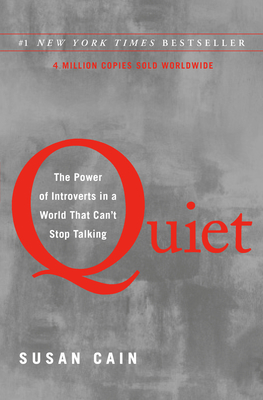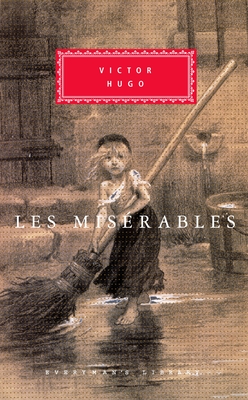I couldn't resist: I ordered the Robotic Edition of Huckleberry Finn. I felt inclined to experience this culturally corrected edition, seeing as how it does the opposite of what the kerfuffle-edition did (changing every race-oriented-derogatory-term to 'slave'). Instead of making it tamer, less offensive, less about what it's about, this edition makes the point of the story that much more poignant. By changing every offensive racial term to "robot", not only do we create some smiles, but we tell an important story in a way that has much more of the original impact for this day and age. After all, our opinion regarding the humanity of robots is quite similar to the previously prevailing opinion about the real intelligence (etc.) of slaves.
Um...I mean...I'm of the opinion that the last version didn't go far enough in its censorship, and this version is best so that no one is uncomfortable and no point is made.
But that's just me.
An excerpt from the introduction:
'Banned from the Concord Public Library shortly after its first publication in eighteen hundred and something, "Adventures of Huckleberry Finn" was criticized in the Boston Transcript by members of the library committee for being "rough, coarse, and inelegant, dealing with a series of experiences not elevating, the whole book being more suited to the slums than to intelligent, respectable people."
Ouch.
While we have not taken the time to actually do the research to back up our claim, it is easy to infer that the sympathetic depiction of the African American character Jim as a human being worthy of freedom was one of the "rough, coarse, and inelegant" elements of the book to which many critics objected. Which is ironic considering modern criticism has shifted to calling the book racist because of Twain's use of the word "n-word" more than 200 times throughout the text.
Granted, that a lot of n-bombs—but Twain scholars (and other people who understand the book) counter it is actually an indictment of racism: the book shows a young boy's emotional growth from conforming to a racist society's values to gradually learning to think of people with higher levels of melanin production by the melanocytes in the basal layer of their epidermis as actual people. But that argument has not stopped schools and libraries from keeping the book off shelves and out of classrooms.'
Good stuff, right?
Robots are people too.
(Find out more here.)


























